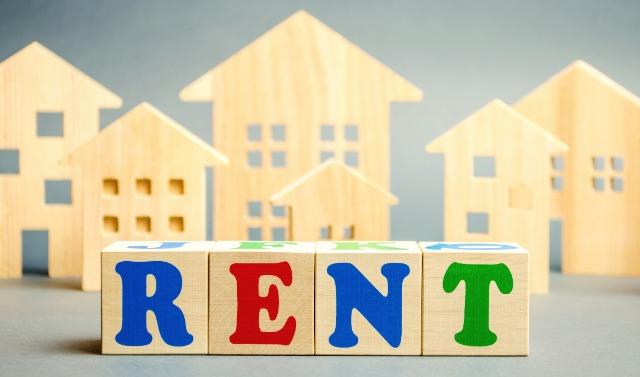In New York, landlords facing rent arrears often initiate the eviction process by serving tenants with a 14-day rent demand notice. This notice serves as a formal demand for payment of overdue rent within a specified timeframe. However, what happens after issuing this notice can be complex and daunting for both landlords and tenants. In this article, we'll explore the eviction process in New York following the issuance of a 14-day rent demand notice, outlining the legal steps involved and the rights and responsibilities of both parties.
- Understanding the 14-Day Rent Demand Notice in New York:
Before delving into the eviction process, it's essential to understand the purpose and significance of the 14 day rent demand notice New York. This notice is typically served by landlords to tenants who have fallen behind on rent payments. It provides tenants with a 14-day period to either pay the overdue rent or vacate the premises. Failure to comply with the notice can lead to further legal action by the landlord, including eviction proceedings. - Initiating Eviction Proceedings:
If the tenant fails to pay the overdue rent or vacate the premises within the specified timeframe, the landlord may proceed with eviction proceedings. In New York, eviction proceedings are typically initiated by filing a petition for eviction with the local housing court. The petition must include details of the landlord's claim, including the reasons for eviction and any relevant documentation, such as the lease agreement and the 14-day rent demand notice. - Court Hearing:
Once the petition for eviction is filed, the court will schedule a hearing to review the case. Both the landlord and the tenant will have the opportunity to present their arguments and evidence before a judge. During the hearing, the judge will assess the merits of the case and determine whether eviction is warranted based on the evidence presented. - Possible Outcomes:
Following the court hearing, the judge may issue a judgment in favor of either the landlord or the tenant. If the judgment favors the landlord, the court may issue a warrant of eviction, authorizing the landlord to remove the tenant from the premises. Alternatively, the court may issue a judgment for the tenant, dismissing the eviction proceedings if the landlord fails to prove their case. - Enforcement of Judgment:
If the court issues a judgment in favor of the landlord, the landlord must obtain a warrant of eviction from the court. This warrant grants the landlord the legal authority to remove the tenant from the premises. However, landlords must adhere to strict legal procedures when executing the eviction, including providing the tenant with proper notice and allowing them sufficient time to vacate the premises. - Tenant's Rights and Defenses:
Throughout the eviction process, tenants have rights and defenses that they can assert to protect their interests. For example, tenants may dispute the landlord's claims or raise defenses such as improper notice or retaliation. Additionally, tenants may be entitled to certain legal protections under New York state law, such as the right to withhold rent for necessary repairs.
Conclusion:
The eviction process in New York can be a challenging and complex ordeal for both landlords and tenants. Following the issuance of a 14-day rent demand notice, landlords must navigate the legal requirements and procedures involved in pursuing eviction proceedings through the court system. Likewise, tenants facing eviction must understand their rights and defenses to effectively contest the landlord's claims. By seeking legal guidance and understanding the eviction process, both landlords and tenants can navigate this challenging situation with clarity and confidence.







